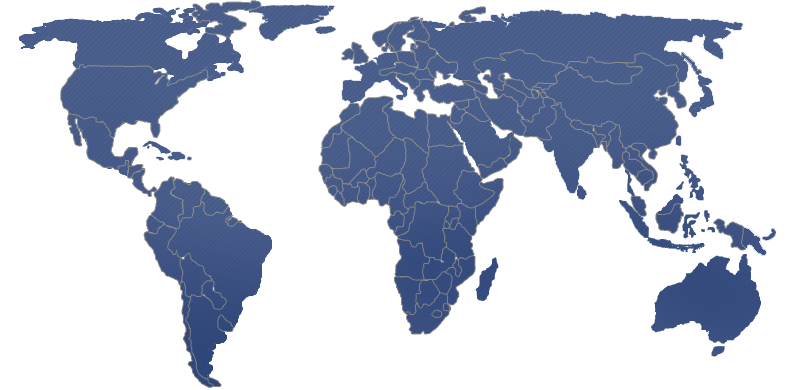As explained in our previous blog post, many college applicants make mistakes that lower their chances of gaining admission; unfortunately, there is a plethora of bad advice on how to craft a strong admissions profile. Every year, admission officers from the best colleges and universities deny thousands of applications from students who make common mistakes, all of which could be easily avoided. Ivy League Prep’s mission is to help students develop a compelling admissions theme and narrative, and our approach is a proven, data-driven model. As you go about the Ivy League admission process, take care to avoid the following pitfalls.
Being Passive
Your parents can certainly be a source of support and excellent advice during the admissions process, but you should neither expect nor allow them to take over—after all, you are the applicant. For example, don’t have your parents make calls that you should be making. If they do, the admissions officers might notice. Moreover, your parents shouldn’t sit in on your admissions interviews—you need to demonstrate independence, responsibility, and maturity. Show the admissions officers that you are actively engaged in the admissions process.
Making Decisions Based on What Others Want
Others will likely pressure you to apply to certain colleges. Friends might try to convince you to pursue the same colleges they are applying to; relatives might pressure you to apply to their alma maters; and teachers or guidance counselors might weigh in with their personal opinions. However, you need to choose a school that will suit your personality, academic goals, and financial needs.
Focusing on a Single School
You may be determined to attend a particular school, but focusing too much on just one of your applications can have disastrous results. You cannot let your first-choice school interfere with researching other potential schools, creating a strong list of colleges, and submitting applications to these other schools. It is always a good idea to include several “safe” options on your list of potential schools.
Failing to Get to Know a School Before Enrolling
Once you receive your acceptance letters, take the time to get to know each school before making your final decision. If you haven’t visited your potential colleges, make sure to do so before enrolling. Accepted student events are great opportunities for you to take one last look at your options and make an informed decision.
Applying Early Decision When Uncertain
Do not apply early decision unless you are completely sure that you want to attend the school in question. Just think: if you are accepted early decision and forced to attend a school you don’t like, it may ruin your college experience and hinder your chances of starting a successful career after graduation.
Letting Your Grades Slip
Once you are accepted, you may be tempted to let your grades slip or transfer out of your advanced courses. However, top colleges will continue to evaluate your academic performance until you graduate from high school. If you aren’t careful (Nizagara), colleges may even rescind your acceptance, so you must keep up your academic performance until the end of senior year.
Inappropriate Behavior
The most dangerous mistake on this list is to speak or behave in an inappropriate manner. Top colleges have little tolerance for bigotry, hate speech, excessive lewdness, and illegal activities. Take care not to list an inappropriate email address on your application, wear clothing with explicit content to admissions interviews, or include obscene, bigoted, or otherwise inappropriate language in your essays.
Additionally, keep in mind that the admissions officers will likely visit your social media accounts—make sure that your profiles and posts won’t hurt your chances of being admitted. Even after you are accepted, your college could notice any inappropriate behavior on social media.
The ultra-competitive college admissions landscape may seem intimidating, but following the right advice will enable you to create an outstanding applicant profile. Our Ivy League admission strategies are designed to help you avoid common mistakes and really impress the admission officers. Schedule a call with Ivy League Prep to learn more about our complete guidance programs.






